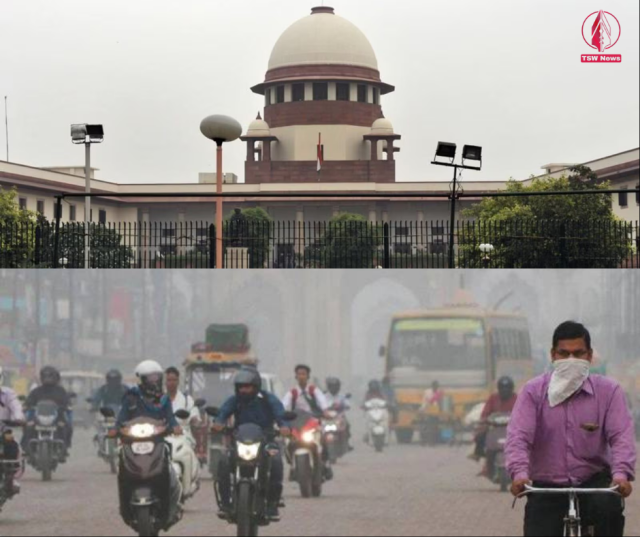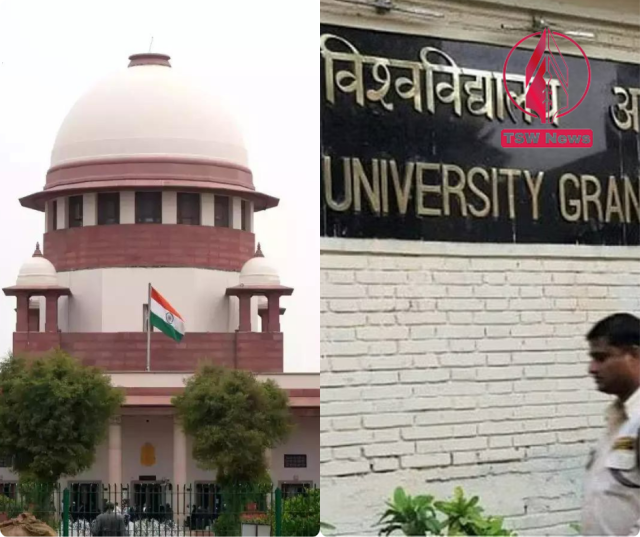Supreme Court Criticizes CAQM for Inadequate Measures Against Pollution
- Posted on September 27, 2024
- By Arijit Dutta
- 173 Views
The Supreme Court criticized the Commission for Air Quality Management (CAQM) for failing to curb stubble burning, which worsens Delhi's air pollution. Justices questioned the commission's effectiveness, expressing dissatisfaction with minimal measures. The court emphasized accountability and the urgent need for improved pollution control across NCR states.

The Supreme Court has reprimanded the Commission for Air Quality Management (CAQM) for its failure to effectively combat stubble burning, a major contributor to Delhi's winter air pollution. Justices Abhay S. Oka and Augustine George Masih expressed their frustration over the commission's lack of concrete actions, questioning its ability to implement the CAQM Act.
During a recent hearing, the court sought an explanation regarding the steps taken by the CAQM to address the stubble burning issue in neighboring states like Punjab and Haryana, which exacerbate pollution levels in the National Capital Region (NCR). Justice Oka pointedly remarked on the "total non-compliance" of the Act and asked for any documented directions issued to stakeholders to mitigate the problem.
Although Additional Solicitor General (ASG) Aishwarya Bhati presented an affidavit detailing the CAQM's advisory efforts, the court was not satisfied with these minimal measures. Justice Oka criticized the commission's lack of tangible outcomes, stating, "It is all in the air, nothing they have shown regarding what has been done in the National Capital Region."
The Supreme Court had previously instructed the CAQM to submit a detailed report on its pollution control efforts by September 27, following reports of stubble burning commencing in adjacent states. Senior advocate Aprajita Singh, acting as amicus curiae, urged the court to hold the CAQM accountable for enforcing laws and preventing pollution spikes during the season.
Despite CAQM Chairperson Rajesh Verma's claims of proactive measures, including the establishment of enforcement squads and regular meetings, the court remained skeptical. Justice Oka questioned the effectiveness of these initiatives, asking, “Every year, we face stubble burning. Is it decreasing, or is it increasing?”
Also Read: Delhi's Air Quality Improves to Moderate After Recent Poor Levels
The commission's actions have faced scrutiny for some time, with the Supreme Court previously labeling the pollution control boards in Delhi and NCR states as "ineffective." The court emphasized the urgent need for filling vacant positions in pollution control boards across five NCR states to enhance their operational capacity.




